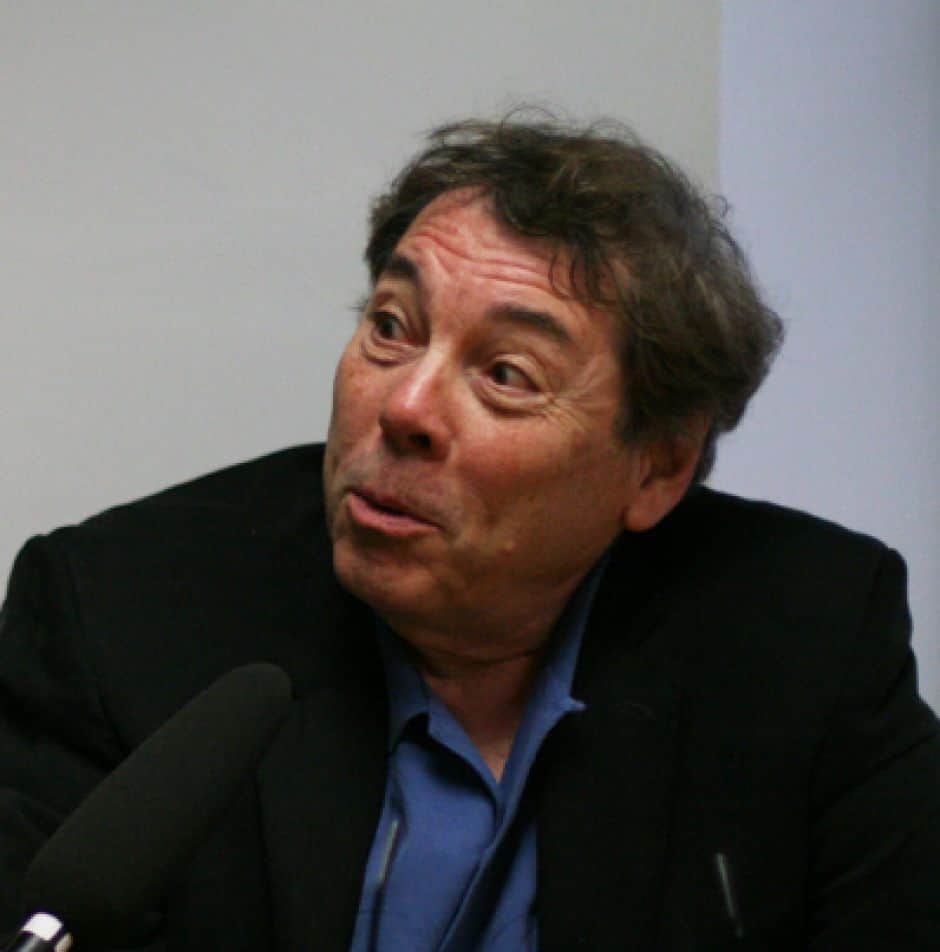Introduction
House Republicans criticized the Obama administration for failing to disclose the names of thousands of visitors to the White House and suggested Obama staff met with lobbyists in nearby coffee shops to avoid listing their names in the official records system.
Rep. Cliff Stearns, chairman of the Committee on Energy and Commerce subcommittee on oversight and investigations, kicked off often contentious and partisan testimony Tuesday by citing Obama’s pledge that his administration would be the “most open and transparent in history.”
“The American people were made a lot of promises that quite frankly do not seem to have been kept,” Stearns, R-Fla., said.
The two-hour hearing follows an iWatch News investigation last month which uncovered large gaps and missing information in the White House visitor logs, despite the administration’s claims that the searchable database contains “over 1,000,000 records of everyone who’s come through the doors of the White House.”
Stearns cited the iWatch News findings, noting that only 1 percent of 500,000 White House visitors from the first eight months of the Obama administration have been released, that many entries don’t reflect who actually took part in meetings, and that thousands of visitor names, including numerous lobbyists, are “simply missing from the logs.”
Stearns rebuked the White House for failing to send anyone to testify at the hearing. “This failure to send any witness to a hearing about White House transparency while depriving the public of the administration’s perspective, is revealing in its own way about the administration’s true attitudes,” Stearns said.
Democrats defended the administration. Rep. Henry Waxman, D-Calif., said the hearing was “not about open government, it’s about politics.” He said Republicans had only given the White House six days to respond to the request for testimony, the minimum required.
Open government advocates testified as well.
Tom Fitton, president of Judicial Watch, said in his testimony that the Obama administration mirrors the Bush administration in contending that the records of people visiting the White House are not subject to the Freedom of Information Act.
“So while the Obama administration attempts to take the ‘high ground’ in the debate by releasing a select number of visitors logs, it shields tens of thousands of other records that continue to be withheld in defiance of the FOIA law. Why release some and not all?” he asked.
But Anne L. Weismann, of Citizens for Responsibility and Ethics in Washington, said the visitors logs were created by the Secret Service to protect the president, vice president and their families—and not meant to be a full record of who entered the White House and the nature of their business.
“Some complain the visitor logs lack critical information, such as who the visitor is meeting with, and that requests for clearance were made by low level staff in order to conceal the true nature of the visit. These criticisms reflect a fundamental misunderstanding of the nature of these logs and the purpose that they serve,” she said.
Several Republicans also said they were alarmed to hear from the media that some Obama officials have conducted meetings at coffee shops near the White House in order to avoid keeping a record of the visits. Democrats suggested that there’s little solid evidence of that happening.
While nobody from the White House appeared at the hearing, Obama administration officials have defended their disclosure policies. Press Secretary Jay Carney has said the president “made extraordinary efforts to demonstrate the transparency that he thinks is vitally important” even as he conceded the visitor logs are incomplete.
The iWatch News investigation found that the logs are missing visitors including lobbyists, government employees, campaign donors, policy experts, friends of the first family, and even celebrities like Bob Dylan and Joan Baez. The data analysis also showed that the logs routinely omit or cloud key details about the identity of visitors, who they met with, the nature of the visit, and includes the names of people cleared to visit the White House, but who never showed up.

Join the conversation
Show Comments